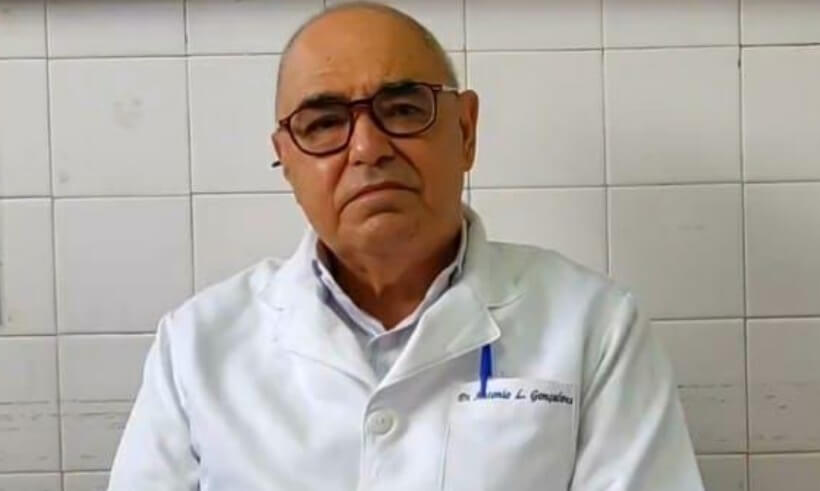Patients with leukemias, advanced solid tumors, and intensive chemotherapy regimens should double their attention to the monkeypox virus, which causes new smallpox, warns Antonio Luis Chaves Gonçalves, an infectious disease specialist at the Center for Oncology (CTO). The reason is that the immunity of the patient undergoing cancer treatment has changed and therefore he is more susceptible to complications of infectious diseases. The first case of monkeypox virus in Petropolis was released by the Municipal Health Department last Saturday (20).
more in: Infection specialist answers questions about new smallpox
The precautionary warning for cancer patients comes amid news of the disease spreading among Brazilians and confirmation that the first monkeypox death occurred in a 41-year-old patient, who was battling cancer. According to the Ministry of Health, the cause of death was septic shock, which was exacerbated by the disease.
“It is important to pay attention to care. Avoid close contact with people suspected of being infected; not share personal items, including bed linen and towels and limit the number of sexual partners,” the infectious disease specialist explains, adding that what is known so far is that the greatest risk of transmission Infection occurs through prolonged intimate contact, such as sexual intercourse.
The first symptoms of monkeypox are very similar to a common virus, such as fever, headache and swollen lymph nodes, for example, and the incubation period ranges from five to 21 days. Only after the appearance of skin lesions. According to Antonio Luiz, both the pus from the pests and the bark that is already in the healing period have a high viral load.
In Brazil, there are still no vaccines against the disease, but expectations indicate that 20 thousand doses of vaccinations will reach the country by the end of August and 30 thousand at the beginning of September.
At this first moment, only health professionals who handle samples collected from patients and people who have been in direct contact with patients will be vaccinated. The vaccination schedule will be made in two doses, with an interval of 30 days between them. Preliminary information understands that there will be no mass vaccination.
“There is still a lot of uncertainty on this topic, and experts are racing with time to bring in more data to help fight and treat the disease, but what is already known is that preventive care is the best way to steer clear of the disease. For cancer treatment to take all care because it has lowered the immune system and the lymphatic septum may not contain the disease and the infection can develop more seriously,” concludes Antonio.

“Wannabe internet buff. Future teen idol. Hardcore zombie guru. Gamer. Avid creator. Entrepreneur. Bacon ninja.”

